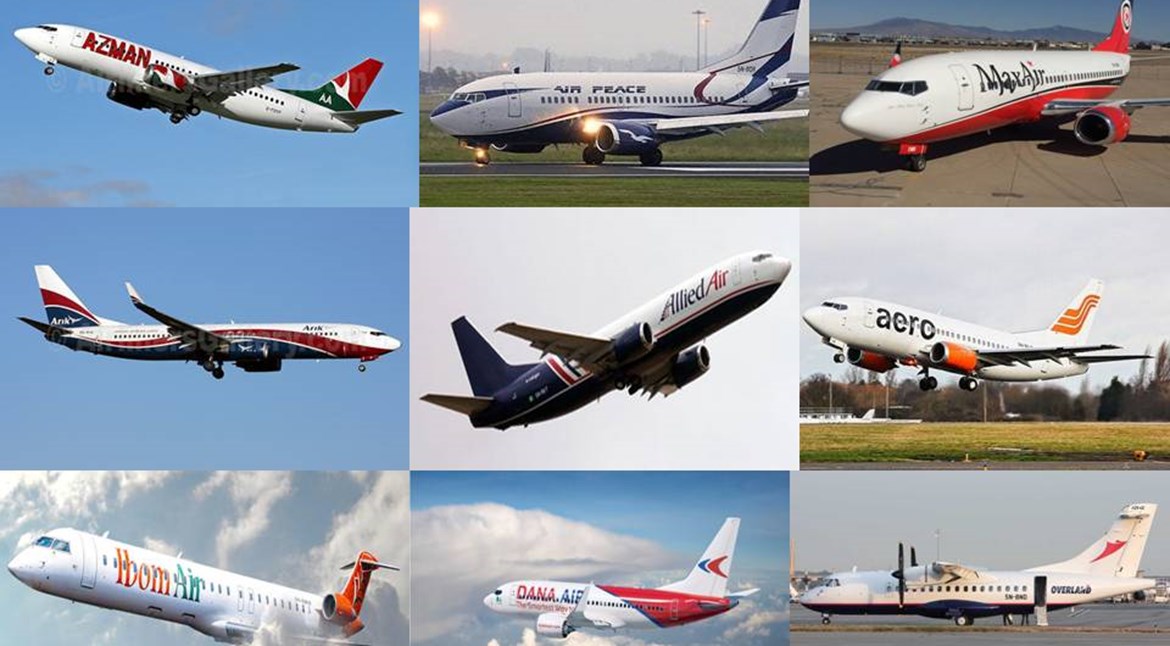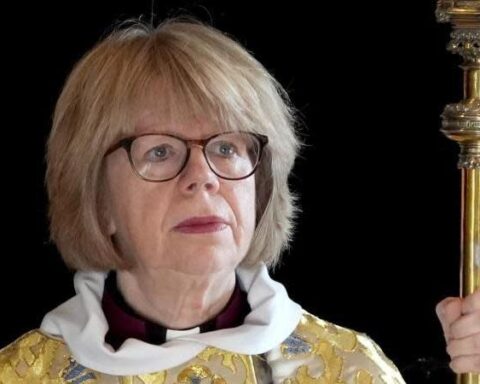The international air transport market in Nigeria has entered a boom cycle, with 18 foreign airlines now operating over 200 weekly flights into the country, collectively earning an estimated $1.7 billion annually.
The surge is driven by strong demand from the globetrotting Nigerian travelling public, which now requires nearly 55,000 seats weekly on international routes.
However, Nigeria’s indigenous airlines, led by Air Peace, remain marginal players—controlling just 9.96% of market share and supplying fewer than 5,500 weekly seats.
The 2025 Weekly Foreign Airlines Flight Frequencies Report confirmed that foreign carriers are dominating the Nigerian market, offering a combined 54,997 weekly seats out of the country’s five international airports.
Leading operators include Ethiopian Airlines (27 weekly frequencies, 8,275 seats), Emirates Airlines (14 frequencies, 6,314 seats), KLM Royal Dutch Airlines (21 frequencies, 5,964 seats), and British Airways (14 frequencies, 4,837 seats).
Other carriers such as Turkish Airlines, Virgin Atlantic, Lufthansa, Air France, Qatar Airways, Delta Air Lines, Kenya Airways, RwandAir, South African Airways, EgyptAir, Royal Air Maroc, ASKY Airlines, Saudi Airlines, and Africa World Airlines (AWA) all maintain multiple weekly services to Lagos, Abuja, Port Harcourt, Enugu, and Kano.
Ethiopian Airlines has emerged as the largest foreign operator, serving four Nigerian cities daily with wide-body and narrow-body aircraft, and has announced plans to increase Abuja frequencies to 10 per week from October 2025. Emirates follows closely, offering over 6,300 seats weekly from Dubai into Lagos and Abuja.
In sharp contrast, only three Nigerian carriers—Air Peace, Ibom Air and Overland Airways—operate international or regional services, providing a combined 41 weekly frequencies and 5,498 available seats.
Air Peace accounts for the lion’s share with 4,340 seats weekly, serving six regional routes and London Gatwick. The airline is set to expand with planned London Heathrow and Abuja–London services from October 2025.
Ibom Air operates a daily Lagos–Accra service, contributing 630 weekly seats.
Overland Airways connects Lagos to Freetown and Banjul, offering 528 weekly seats.
Despite efforts to scale up, Nigerian airlines are still dwarfed by foreign carriers’ network strength, alliances, and larger fleets.
Aviation experts warn that Nigeria is suffering significant capital flight, with foreign airlines repatriating most of their ticket sales in hard currency, further straining the country’s foreign exchange reserves.
Industry stakeholders are urging the federal government to renegotiate BASAs, ensure reciprocal slot access, and support Nigerian airlines through fleet renewal programmes and infrastructure upgrades.
With 38–39 international airlines now flying from Nigeria to over 50 destinations in more than 30 countries, the dominance of foreign operators is expected to deepen unless Nigeria accelerates reforms.
Analysts believe that unless local carriers acquire wide-body fleets, form alliances, and gain reciprocal access abroad, the current $1.7 billion revenue imbalance will widen further, keeping Nigeria dependent on foreign airlines for long-haul connectivity.
By Oludare Mayowa



























